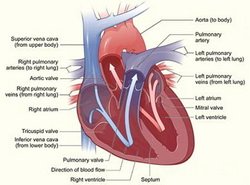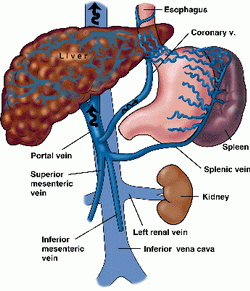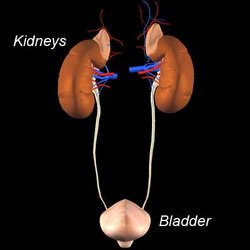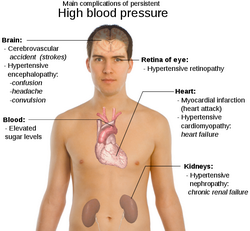|
Hypertension – High Blood Pressure Is Preventable And ControllableHypertension also known as high blood pressure is also called the silent killer because untreated high blood pressure can cause damage to vital organs such as the heart, brain, kidneys, and eyes as well as increase the risk of heart attack, stroke, congestive heart failure, and kidney failure. The disease is also more prevalent in African Americans than any other racial or ethnic group.
What is Blood Pressure? Blood pressure is defined as the force that is exerted by the blood on the walls of the blood vessels, in particular the arteries. The force is created by the pumping action of the heart, when the heart beats or contracts which is called systole the blood pressure increases, and when the heart relaxes between beats called which is called diastole blood pressure decreases. Blood pressure can fluctuate depending on various factors, such as fear, excitement or exercising which causes more blood to be pumped through the arteries causing the blood pressure to rise. Blood pressure rises and falls throughout the day, it is when blood pressure remains elevated over time that hypertension results. Blood pressure can be measured by a device called a sphygmomanometer which is a fancy name for a blood pressure cuff. Blood pressure is expressed as two numbers. The pressure during the heart’s contraction is the higher number which is called systolic pressure, and the diastolic pressure is the lower number which is measured during the resting phase of the heart. The blood pressure is written as systole/diastole and the units are measured in millimeters (mm) of mercury (Hg). What Constitutes Hypertension? High blood pressure is categorized as prehypertension, essential hypertension also called stage 1 generally is believed to have a variety of contributing factors such as diet, obesity, alcohol abuse, lack of exercise, physical and emotional stress and genetic and psychological factors. Secondary hypertension also called stage 2 is believed to be caused by another problem such as with the kidneys and when the problem is corrected the blood pressure returns to normal. Blood Pressure Ranges
The symbols < refer to less than and > refers to greater than.
These ranges were established by the U.S. National Institutes of Health JNC7 in 2003. Risk Factors The causes for most cases of high blood pressure are unknown; however there are certain risk factors that predispose an individual toward developing high blood pressure, some of these factors are within the control of the individual and some are not. These factors both within the control of the individual and outside of the individual’s control are: • Obesity – having a BMI of 30 kg/m squared or higher • Consuming too much salt • Lack of physical activity • Drinking too much alcohol • Race – African Americans develop high blood pressure at a higher rate and earlier age than other races • Age – blood pressure rises with age • Heredity – those with a family history have a higher risk of developing high blood pressure Dietary and Lifestyle Factors for Reducing High Blood Pressure • Maintaining a normal body weight for adults with a BMI of 18.5-24.9 kg/m squared. • Reducing dietary sodium intake to no more than 6,000 milligrams of table salt per day. • Participating in regular aerobic physical activity for at least 30 minutes/day • Limiting the consumption of alcohol to no more than 1 ounce/day for men and 0.5 ounce/day for women. • Follow a healthy eating plan from the myplate guidelines by consuming a diet rich in fruits and vegetables, low-fat dairy products, and foods with a reduced content of saturated and total fat.
Next: For other information on nutrition some great references are: • Nutrition – Fourth Edition by Paul Insel, Don Ross, Kimberley McMahon, and Melissa Bernstein
Chronic Disease
|
Sources of Hypertension
The Heart As A Source of Hypertension

Portal Hypertension - The Liver As a Source of Hypertension Due to Cirrhosis of the Liver

Renal Hypertension - The Kidneys As A Source of Hypertension

Complications Due To Hypertension






